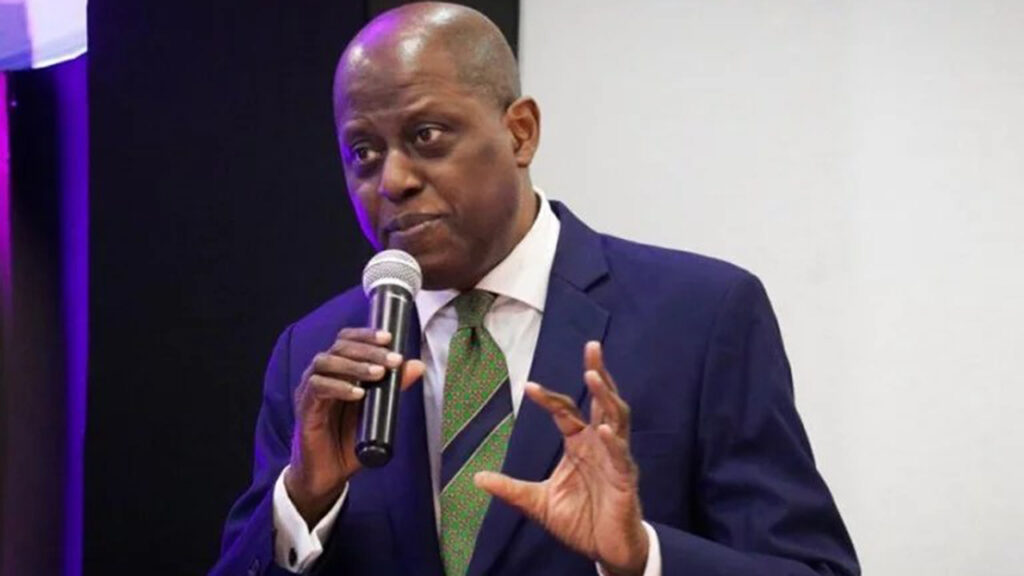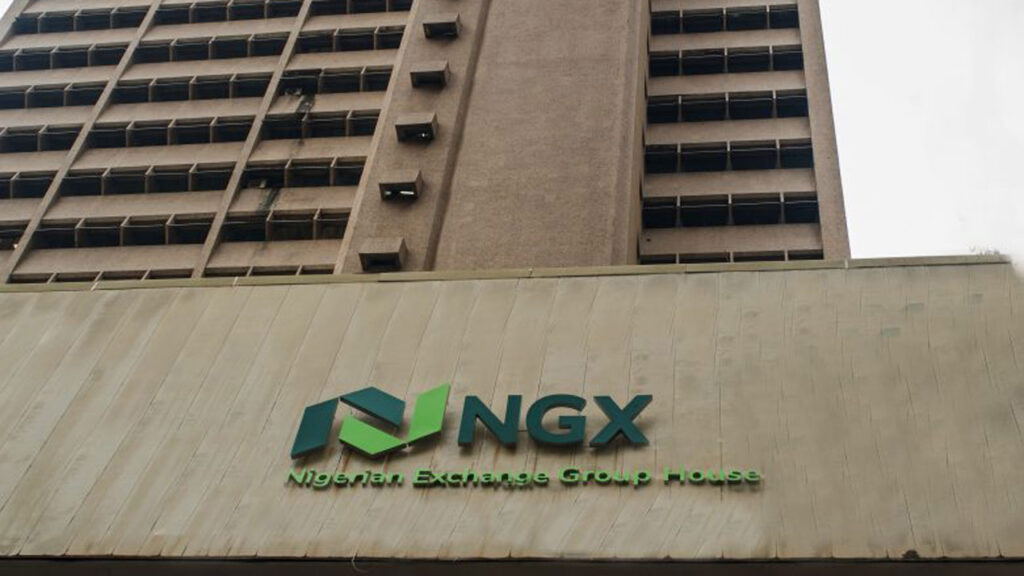
•80% tied to government securities
Only two per cent of the N19.67 trillion total pension assets, which amounts to N396.3 billion, is in cash as of the end of the first quarter, information provided by the National Pension Commission (PenCom) has disclosed.
The bulk of the assets – N19.27 trillion in total – is invested in different portfolios, including federal government bonds, treasury bills and private equities, which are not as liquid as cash. Some of the investments could take months to be liquidated.
This disclosure comes on the heels of a raging controversy over a reported plan by the federal government to borrow 20 trillion from the fund-to-fund critical infrastructure. Whereas it could take months to liquidate some of the existing assets for investment realignment, much of the existing investments are, however, already tied in critical public infrastructure.
PenCom gave the breakdown of the assets to include government bonds (N11.46 trillion), treasury bills (N407.62 billion), agency bonds (N26.26 billion), Sukuk bonds (N127.24 billion) and green bonds, (N176.82 billion).
Observers are worried about where the federal government hopes to get the anticipated infrastructure investments as over 80 per cent of pension fund assets have been invested in its securities already.
The Finance Minister and Coordinating Minister of the Economy, Wale Edun, had told State House correspondents last week that the federal government was making a move to rev up economic growth by unlocking N20 trillion from the pension funds to finance critical infrastructure projects across the country. He said the decision is a key part of Tinubu’s broader reforms to stabilise the economy amid high inflation and interest rates.
The minister said, “One of the key drivers of economic growth is investment in infrastructure, in housing, power, rail, roads, water transport, even technology.
“These are key drivers of economic growth, they increase productivity when you invest in them, you get increased productivity, you get economic growth, and you get job creation, which reduces poverty.
“And that is the strategy, so it’s two-pronged and we’re not pivoting towards this all-important growth and you say where were the resources coming from? Nigeria is resilient, Nigerians are resilient. And the fact is that even before we start looking to foreign investors, we start looking to foreign funding, there is available in Nigeria, long-term funds to fund infrastructure projects, and it’s within the pension.”
He said there is N20 trillion available that could fund growth through investment in infrastructure, including housing provision of mortgages, long long-term mortgages (25-year mortgages) at relatively low interest rates.
Stakeholders, including the former Vice President, Atiku Abubakar, have condemned the government’s plan to use Nigerians’ pension fund to finance critical infrastructure projects.
In a post on X, Atiku asked the government to halt the plan and explore more creative ways to raise capital for infrastructure projects. The organised labour also warned the federal government to steer clear of the sweat of millions of Nigerians who are already struggling hard to cope with its hard economic policies. A joint letter signed by the Nigeria Labour Congress (NLC) and the Trade Union Congress (TUC), which was addressed to the Minister of Finance, insisted: that it is imperative to halt any further plans to tap into these funds, especially given the lack of transparency and accountability in past government borrowing practices.
“Your proposal to further leverage these funds for the purported betterment of housing and infrastructure raises serious concerns about fiscal prudence and responsible governance.”
Previous administration has similarly stirred controversy with an announcement to borrow from retirement savings to fund infrastructure to the chagrin of experts who have insisted that the funds have always been committed to government infrastructure bonds in line with the laws.













